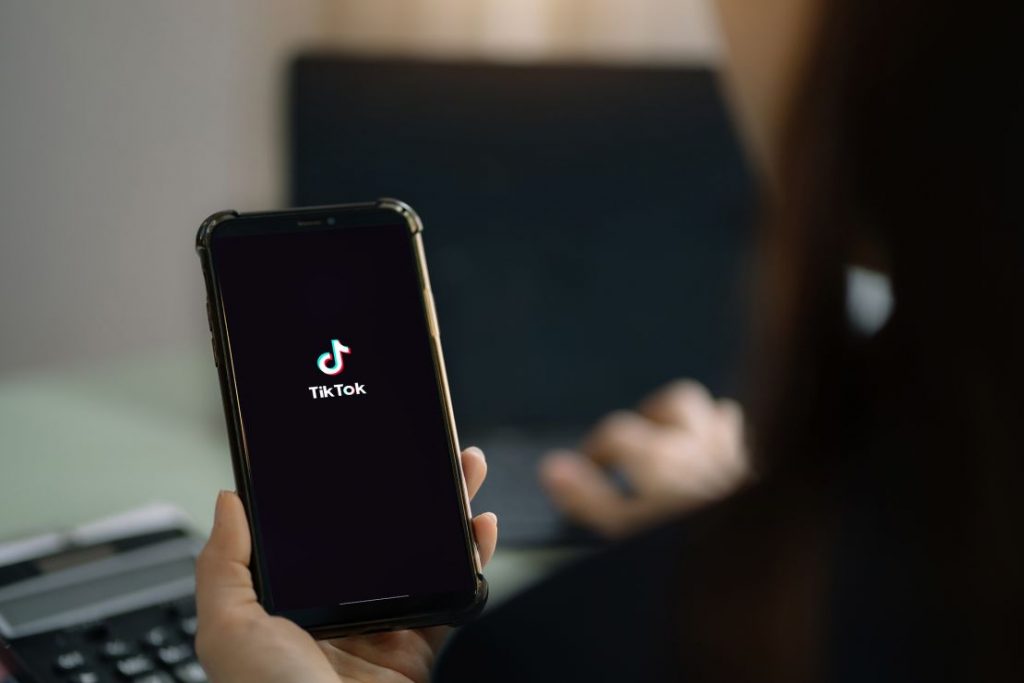
The Legal and Ethical Implications of Using TikTok Downloader Services
In the age of social media dominance, TikTok has emerged as a formidable force, captivating millions with its bite-sized, entertaining videos. However, alongside TikTok’s rise to prominence, a new phenomenon has emerged: TikTok downloader services. While these services offer users the ability to save and share their favorite TikTok videos, they also raise significant legal and ethical questions regarding copyright infringement, intellectual property rights, and user privacy.
Understanding TikTok Downloader Services
TikTok downloader services, also known as TikTok video downloaders, are third-party platforms or applications that allow users to download TikTok videos onto their devices. These services typically work by extracting video content from TikTok’s servers and saving it locally, enabling users to access videos offline or share them on other social media platforms.
Copyright Concerns
One of the primary legal concerns surrounding TikTok downloader services is copyright infringement. TikTok’s terms of service explicitly prohibit the downloading of videos without permission, citing the protection of creators’ rights. By downloading TikTok videos without authorization, users may be infringing upon the copyright of the original creators, potentially exposing themselves to legal action.
Fair Use Considerations
However, the legality of using TikTok downloader services is not always black and white. In some cases, users may argue that their use of downloaded TikTok videos falls under the doctrine of fair use, which allows for the limited use of copyrighted material for purposes such as commentary, criticism, or parody. Determining whether a particular use of TikTok content qualifies as fair use can be complex and often depends on factors such as the nature of the use, the amount of material used, and the potential impact on the market for the original work.
Privacy Implications

In addition to legal concerns, TikTok downloader services https://tikd.cc/en/ also raise ethical questions regarding user privacy. When users download TikTok videos, they may inadvertently expose themselves to privacy risks, especially if the videos contain personal information or sensitive content. Furthermore, some downloader services may collect user data without consent, raising concerns about data privacy and security.
Platform Policies and Enforcement
TikTok and other social media platforms have taken steps to address the proliferation of downloader services and protect the rights of creators. TikTok’s community guidelines explicitly prohibit the unauthorized downloading of videos, and the platform employs measures to detect and prevent the use of downloader services. However, enforcement of these policies can be challenging, given the widespread availability of downloader tools and the decentralized nature of the internet.
User Responsibility and Accountability
Ultimately, the legal and ethical implications of using TikTok downloader services rest on the shoulders of the users themselves. It is essential for users to understand and respect copyright laws, intellectual property rights, and platform policies when engaging with TikTok content. By exercising caution and responsibility, users can mitigate the risks associated with using downloader services and ensure that they are acting ethically and legally.
In conclusion, the use of TikTok downloader services raises significant legal and ethical considerations regarding copyright infringement, fair use, and user privacy. While these services offer users the convenience of accessing and sharing TikTok content, they also pose risks to both creators and users alike. As social media continues to evolve, it is essential for users to remain vigilant and informed about the legal and ethical implications of their actions online. By adhering to best practices and respecting the rights of others, users can navigate the complex landscape of TikTok downloader services responsibly and ethically.